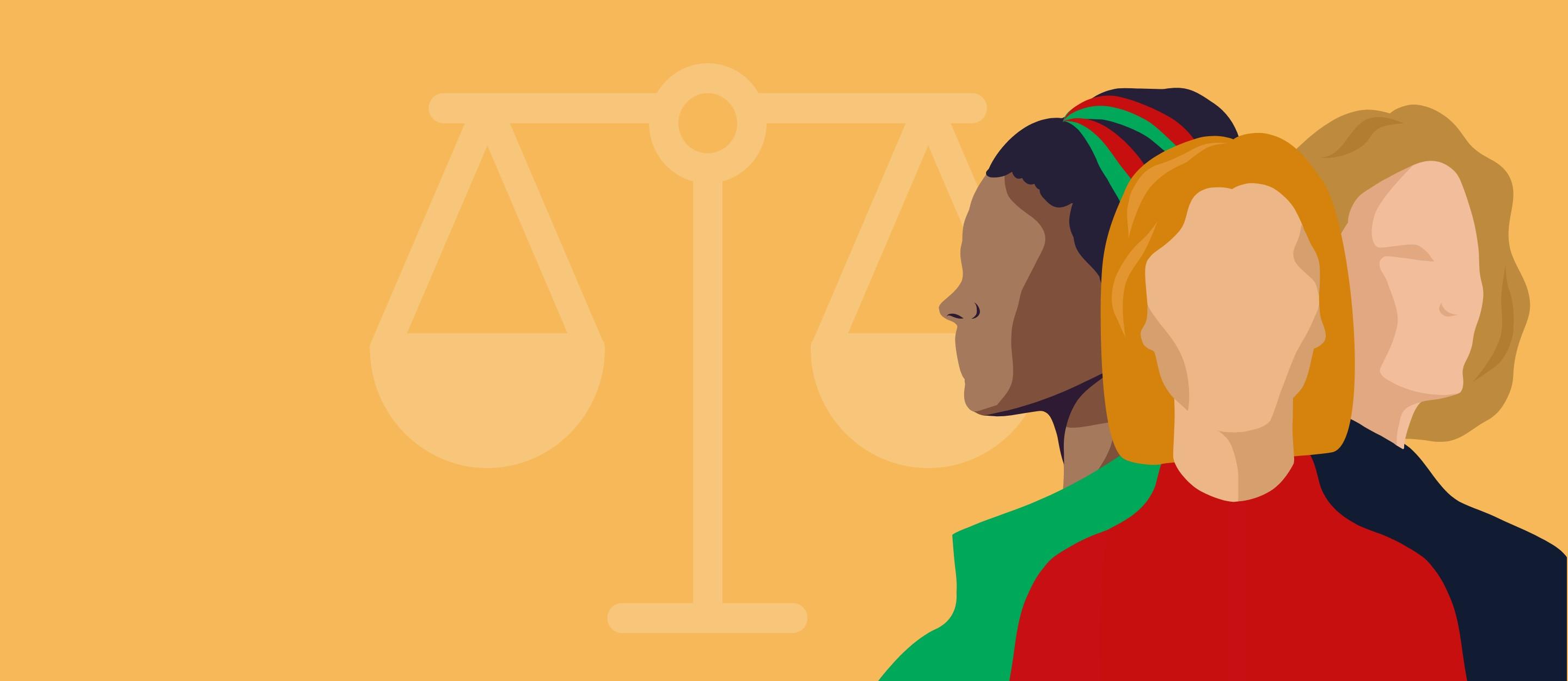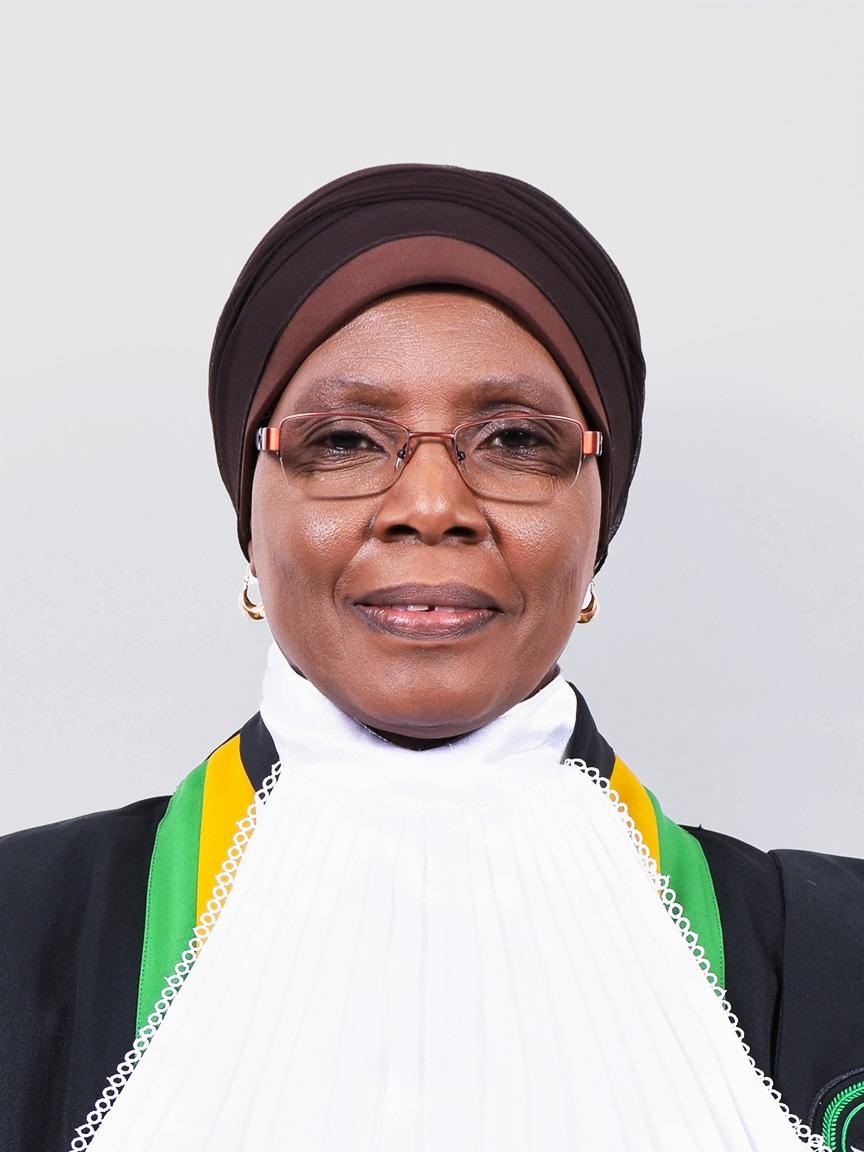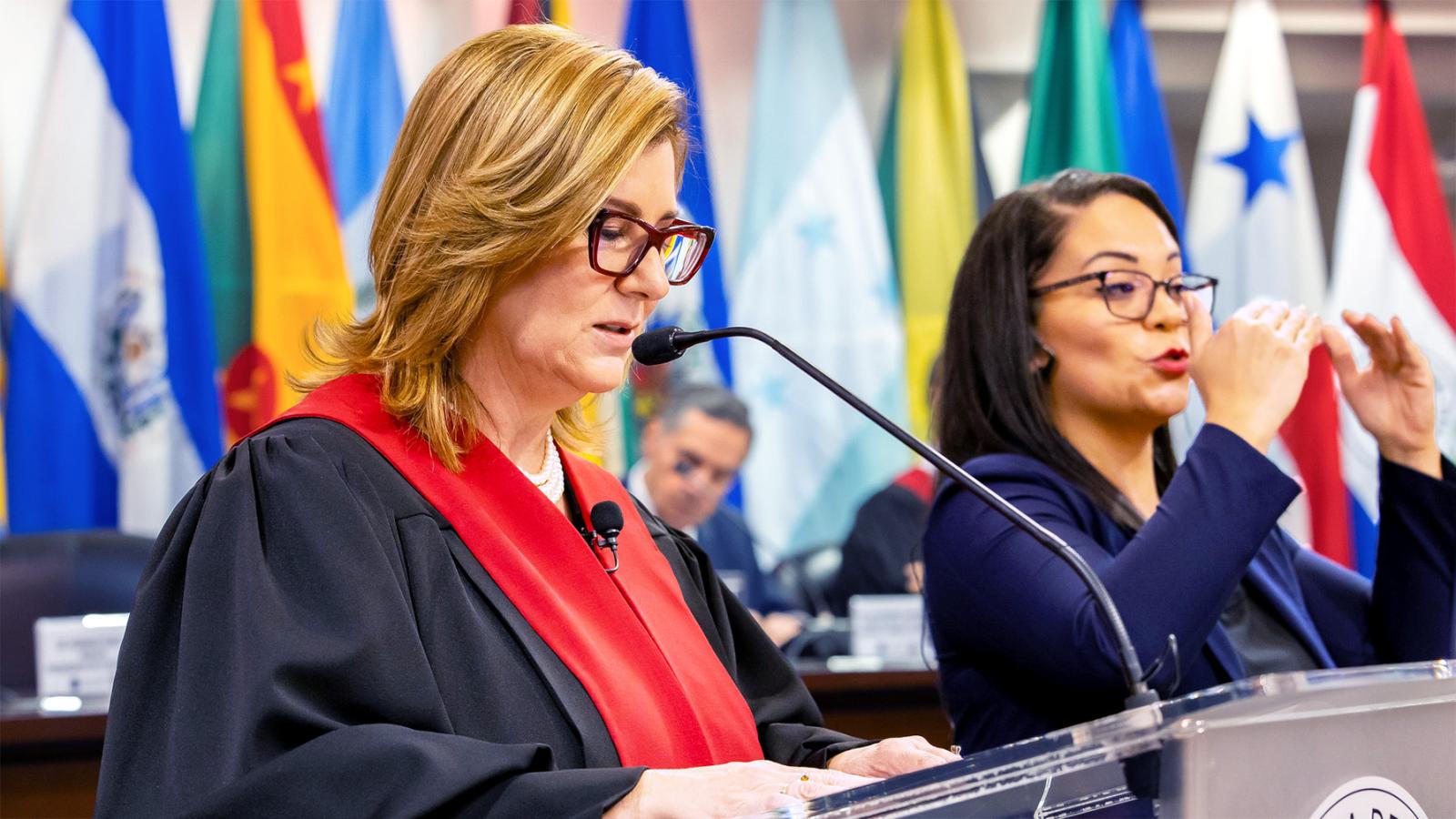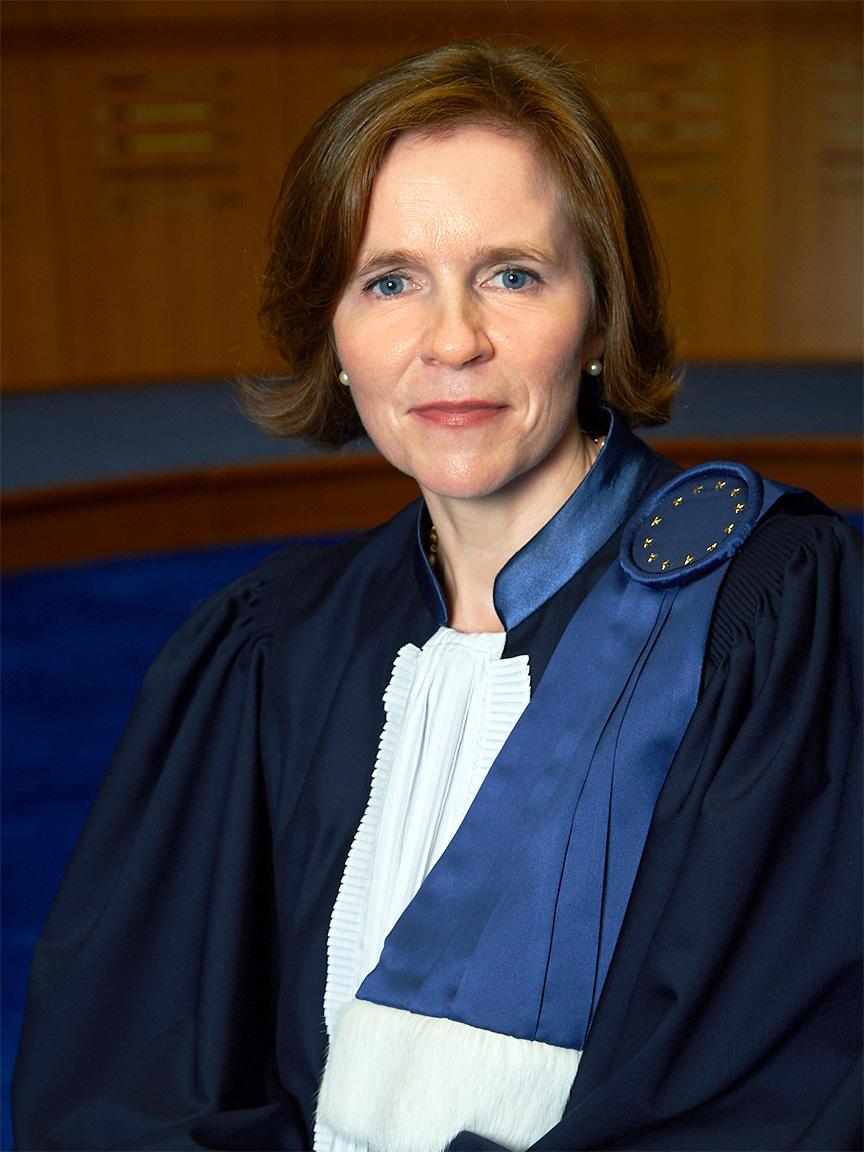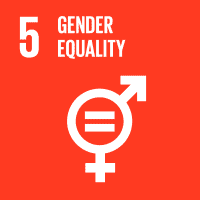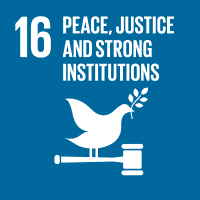That is in line with the theme of International Women’s Day 2024: ‘Inspire Inclusion’. Is being a role model important to you all?
O’Leary: While being in the limelight may not always be a comfortable place to be, I realise that my current position, which is a unique and highly visible one, may inspire younger women who are thinking about a career in law or in multilateral and supranational organisations like the Council of Europe and the European Union.
Hernández: It is my responsibility as a female leader to make my story visible. To highlight the heterogeneity of women and how representation does matter. Today, I am in this position, but I hope that tomorrow women with stories of struggle that are different to mine will also occupy such positions and that we can all enrich the various spaces in society for the professional and personal growth of women from different generations. I hope that the next generation does not just crack the glass ceiling but shatters it, resulting in a more democratic and equitable society.
Aboud: Personally, the theme of International Women’s Day 2024 – ‘Inspire Inclusion’ – resonates deeply with my commitment to serve as a role model. Inspiring the next generation is not just a privilege; it’s also a great responsibility. It involves breaking down stereotypes, opening pathways for women and girls in education and professional fields and actively mentoring young women to assume leadership roles. To inspire these groups, we must ensure that there are tangible opportunities for growth and achievement. Such opportunities include establishing scholarships, internships and mentorship programmes focused on empowering women in the legal profession, promoting gender-sensitive policies within judicial institutions and highlighting the achievements of women in the field to create visible role models.
O’Leary: I believe that there are concrete measures which one can also take to assist or inspire others. One initiative I am proud to be part of is the Gender Champions in the Judiciary Network, which is a regional network of judges in the Western Balkans committed to advancing gender equality. I am one of the patrons of the network and I have participated in judicial fora on themes such as domestic and gender-based violence and tackling bias and discrimination. In terms of leadership in the law, it’s important that women feel able to demonstrate the different nature and quality of female leadership rather than simply seeking to emulate previous styles and patterns.
